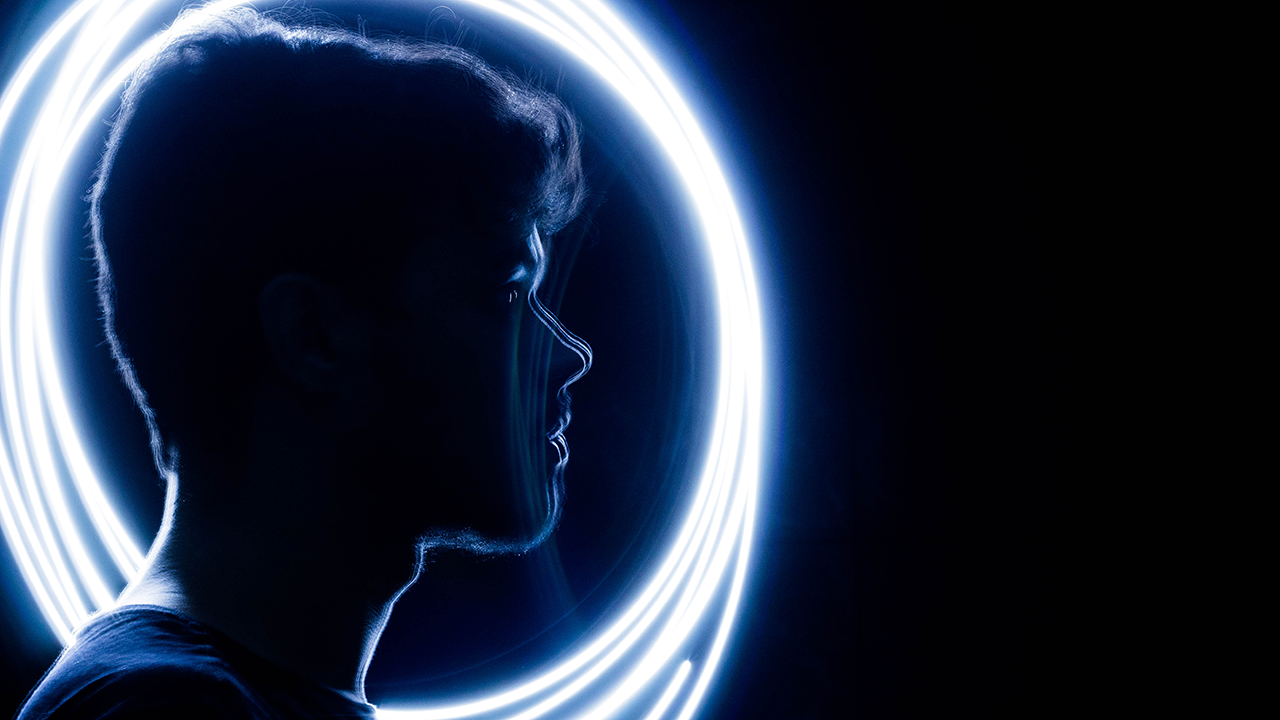
Precisely treating the source of mental illness—the brain—is on the horizon, thanks to work by University of Minnesota researcher Alik Widge and colleagues at Massachusetts General Hospital (MGH).
The technique involves deep brain stimulation (DBS), in which an electrode implanted deep in the brain stimulates cells. DBS has helped patients with Parkinson’s disease and similar disorders, but has not worked as well for severe illnesses like major depressive disorder (MDD) and obsessive-compulsive disorder (OCD).
One big reason: DBS electrodes must be custom programmed for individual patients. With Parkinson’s disease, tremors abruptly weaken or stop when optimal stimulation is reached. But since depression and obsessive thoughts don’t suddenly disappear, programming involves some guesswork.
The researchers discovered that for OCD and MDD patients, finding the optimal stimulation “dose” could be guided by a patient’s performance on difficult mental tasks and a boost in low-frequency “theta” waves in the prefrontal cortex of the brain.
“Even when the stimulator is in the right place in the brain, we need to fine-tune it to change the targeted brain circuit in just the right way,” said Widge, MnDRIVE Brain Conditions Neuromodulation Scholar and assistant professor in the University’s Department of Psychiatry, who conducted the study. “These increases in theta activity and in mental performance can signal us when we’ve got it right. We could measure them in the operating room or in a doctor’s office using commonly available sensors.”
“Both depression and OCD can take a person away from their family, their job, and their ability to participate in everyday life. We’ve been able to give some patients that life back with DBS, but we need to find ways to make it work for everyone,” said senior study author Darin Dougherty, director, Division of Neurotherapeutics, MGH, and associate professor, Department of Psychiatry, Harvard Medical School.
The work is published in Nature Communications.
Putting the Cortex in Control
Located directly behind the forehead, the prefrontal cortex plays a key role in maintaining cognitive control. This crucial function involves the ability to flexibly change our responses when the “rules” of our environments change—something people with healthy brains do with ease. Cognitive control keeps people from getting stuck in thoughts or behaviors that serve no purpose or cause harm. It is linked to the robust production of theta waves in the prefrontal cortex.
“Cognitive control deficits may explain inflexible behavior in many mental disorders, for example, the ‘automatic’ negative cognitions of MDD, the repetitive behaviors of OCD, or the rigid interests of autism,” said Widge. “If we could increase patients’ flexibility, we could bring them closer to recovery.
“Imagine if we could make it a little easier to participate in cognitive-behavioral therapy, or to get out of the house when they really don’t feel like it, or to make some other little shift. Those small changes, multiplied over time, could make a huge positive difference in a patient’s life.”
Helping the Brain Help Itself
Regions in the prefrontal cortex connect to deeper brain structures, and those connections pass through a major “highway” called the internal capsule. The researchers reasoned that when DBS is applied to the internal capsule where all those connections meet, it could affect the entire prefrontal cortex at once.
They tested OCD and MDD patients who had received DBS electrodes to stimulate the internal capsule during prior clinical trials. When their DBS was turned on, patients performed better on tests that required flexible cognitive control; for example, they could ignore distractions. Apparently, the stimulation traveled through the internal capsule and primed the prefrontal cortex to better exert cognitive control—which it did via a stronger output of theta brain waves. This response also correlated with improved clinical outcomes for patients.
By following the double trail of improved thinking skill and augmented theta waves during electrode programming, clinical teams should be able to better target the stimulation within the internal capsule and help patients achieve greater relief of the symptoms associated with OCD, MDD, and perhaps other mental illnesses.
“This is a major step forward for DBS and for psychiatry,” said Widge. “We are closer than ever to bringing precision medicine to psychiatry and being able to help patients for whom nothing else has worked.”
Other authors of the paper were S. Zorowitz, I. Basu, and T. Deckersbach, Department of Psychiatry, Massachusetts General Hospital and Harvard Medical School; E.K Miller, Picower Institute for Learning & Memory, Massachusetts Institute of Technology; A.C. Paulk, Department of Neurology, Massachusetts General Hospital and Harvard Medical School; and E.N. Eskandar, Department of Neurological Surgery, Massachusetts General Hospital and Harvard Medical School.
The study was funded by the Brain & Behavior Research Foundation, the Picower Family Foundation and MIT Picower Institute Innovation Fund, the Defense Advanced Research Projects Agency via the Army Research Organization, the Office of Naval Research, and the National Institutes of Health.